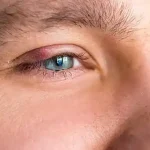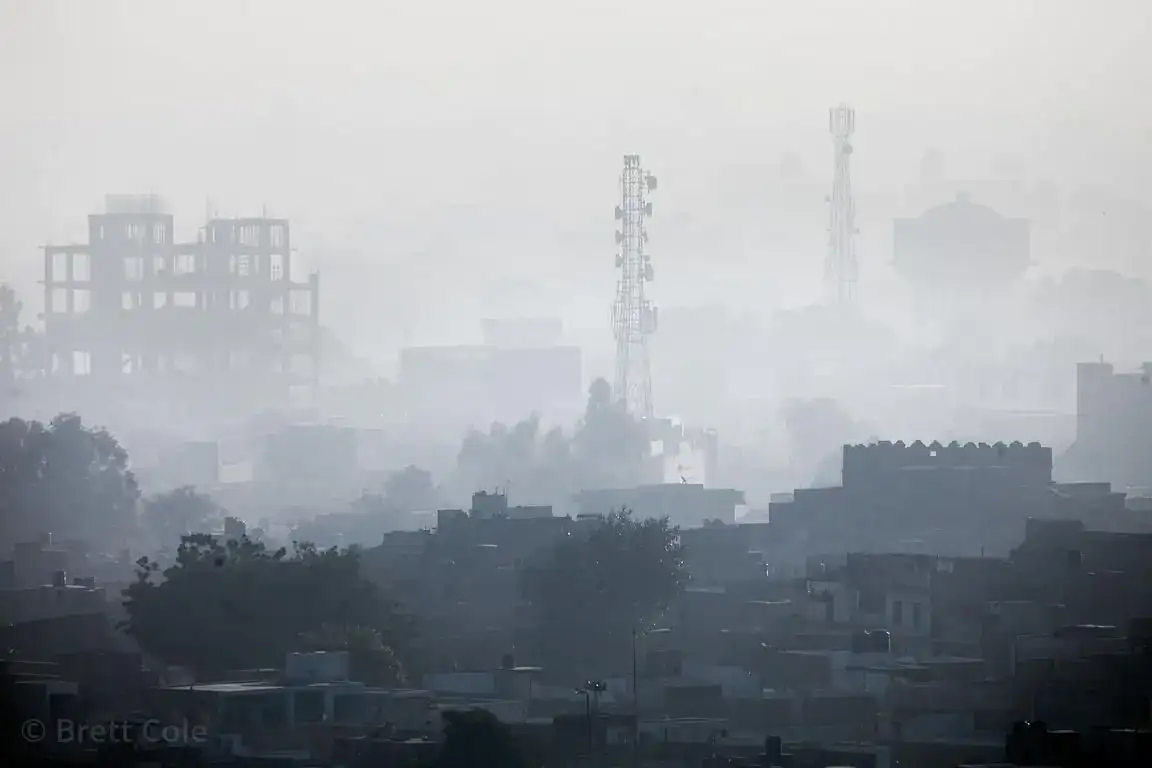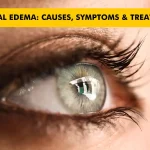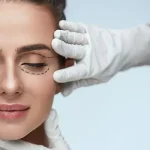We have been hearing the news of how bad conditions have become in the capital city as it succumbs to hazardous smog. Due to this rampantly rising air pollution conditions, life has become pretty difficult and health of people living there has taken a major hit. Air pollutants present in smog adversely affects the health, especially the eyes. Dust and harmful particulate matter enter our eyes causing unclear vision, redness, burning sensation, dry eyes, and itching. They are some of the common symptoms that happen due to these elements. You are exposed to air pollutants every time you step out of your home or office, and it’s virtually impossible to be completely protected. However, there are certain practices a person can adapt to the precautionary measures to minimize these symptoms as much as possible. 1) Minimize the exposure by staying inside Avoid walking or riding a bike along busy streets. Areas which are heavily industrialized should be refrained from going. One can choose to close the windows of their car during peak traffic hour commute to prevent further exposure. If possible, don’t go out of your home or office between noon and 4pm as the air quality is lowest when the temperature is highest. 2) Wear proper eye gear when going outside Wear sunglasses every time you step outside. Make sure your sunglasses are appropriately large and have adequate UV protection for better eye protection. Wrap-around zero powered eyewear provide maximum protection. 3) Avoid rubbing eyes in case of pollutants getting in the eye If tiny pollutants enter the eyes, don’t rub your eyes, instead, wash your eyes thoroughly with cold water or apply lubricating eye drops for relief. 4) Do proper Care of eyes when inside home Wash your eyes with cold water, when you are back from outdoors. Buy a home air filter that can block out particulate matter. Place cucumbers/cold compress on your eyes and rest, to help reduce inflammation. Use lubricating eye drops recommended by specialists as a daily eye care routine. 5) Eat healthy food for better wellbeing Most important of all, eat a healthy diet including lots of carrots, green leafy vegetables, almonds, walnuts,papaya, berries, fish etc. which are extremely good for the eyes.In conclusion, for the best vision care and overall well-being of eyes, best practice would be to avoid exposure to air pollution whenever possible. Frequent blinking and keeping the eyes moist by using lubricating eye drops is a good way to relieve the symptoms. In case that infections and allergies prolong for a long period of time, visit an eye specialist at Centre for Sight for an eye check-up.





